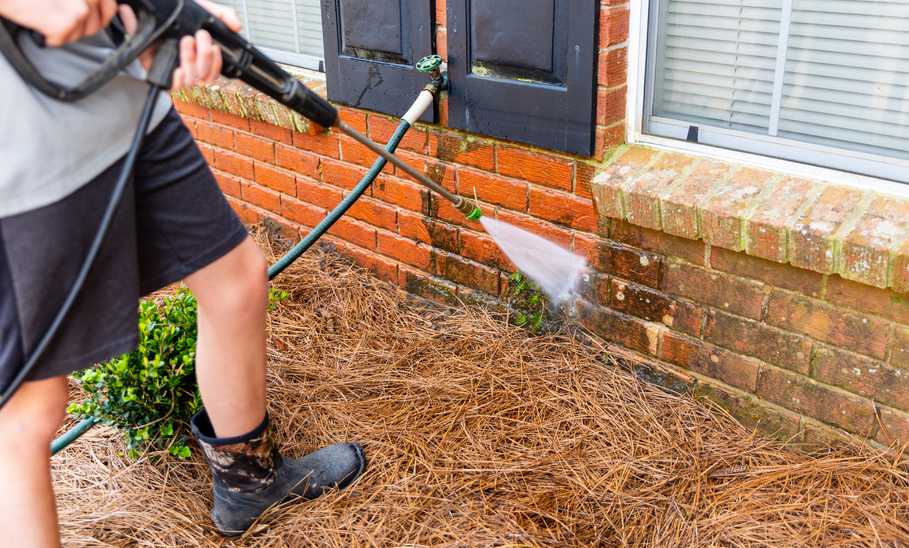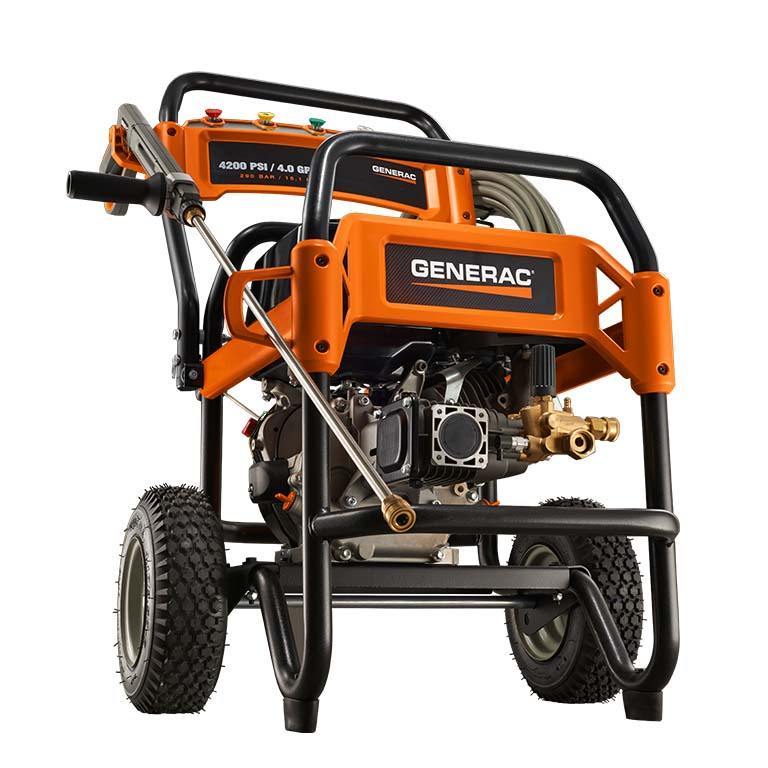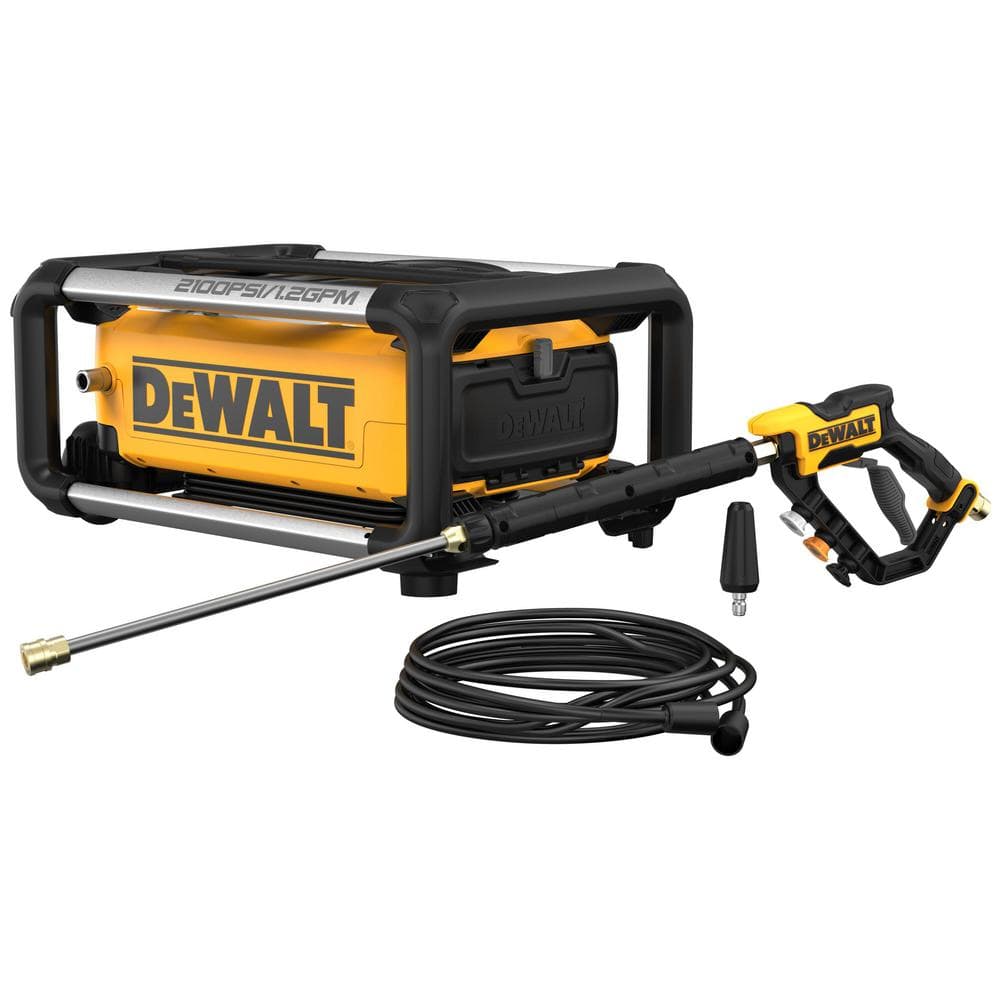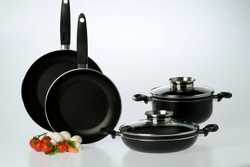- Power Source: Electric
- Cleaning power (PSI): 1,700
- Max flow (GPM): 1.7
- Total cleaning Units: 2,890
- Weight: 18.3 pounds
- Price on publish: $132.19
Best Pressure Washers for Hosing Away the Dirt and Grime

Our evaluations and opinions are not influenced by our advertising relationships, but we may earn a commission from our partners’ links. This content is created by TIME Stamped, under TIME’s direction and produced in accordance with TIME’s editorial guidelines and overseen by TIME’s editorial staff. Learn more about it.
As the thousands of hours of YouTube tributes will attest, pressure washing is an oddly zen activity—there’s just something so satisfying about revealing strip after strip of clean surface under all that grime. Of course, if your pressure washer doesn’t work properly, then you’ll have the exact opposite experience, so take a look at our guide to the best pressure washers out there.

When it comes to an all-rounder that will work for most people’s outdoor spaces, Baratta recommends the AR Blue Clean BC142HS. “I’m a fan of the AR Blue Clean line for their reliability and reasonable prices,” he says. “Their BC142HS is 1,700 PSi at 1.7 GPM, which is plenty for most homeowners' needs, and its price tag is hard to beat.”

You’ll find a few AR Blue Clean models on this list, thanks to how reliable and reasonably priced they are. Baratta reiterates their proven track record when choosing the BC390HSS as his pick for the best electric model, citing its 2,300 PSI and 1.7 GPM stats and its relatively low price for the cleaning power you’re getting.

While most electric models will suffice for home use, those seeking both more power and greater mobility will want to look into a gas model. Baratta recommends this Easy Kleen model, saying, “Easy Kleen makes excellent gas-powered pressure washers using reliable components, such as General Pump pumps and Honda or Kohler engines.”

While you can certainly find pressure washers that reach up to 6,500 PSI (like the higher end of Daimer’s Super Max range), that’s probably going to be excessive for cleaning up your driveway. For power without the overkill, try Generac’s 4,200 PSI, 4 GPM model, featuring a 50-foot, steel reinforced hose, oversized pneumatic tires, a 420CC OHV engine, and a commercial grade pump (okay, maybe it’s a little bit of an overkill).

For reliability at a low price, Baratta again turns to the AR Blue Clean line, saying,, “It’s very budget-friendly, with plenty of reasonably priced models that are effective for a variety of jobs.” Offering 1,600 PSI and 1.7 GPM while still coming in at just $124, their BC111HS is ideal for anyone with more casual pressure washer needs.

It’s no good being highly portable if the water comes out as a dribble, but fortunately, this Eveage model can get the job done. Lightweight, small, and powered by a rechargeable battery, it nevertheless boasts 1,000 PSI and 2.6 GPM, making it ideal for tackling smaller jobs at multiple different locations.

This is the BC142HS’ second appearance on this list, but since it took the top spot for “best model for most people” in large part due to its ease of use, it only made sense to include it again here. Reasonably priced, sufficiently powerful, and super simple to assemble and use, it really is the perfect model for people looking for a pressure washer without complications.

Designed for easy stacking and storage, the DeWalt 2100 PSI will easily fit in most storage spaces, taking up little space on shelves, in trucks, or wherever else you put it. Its stackable metal roll cage features a telescoping handle and integrated wheels, making it a breeze to move around, and all of its components will fit neatly inside.

For just $139, this pressure washer gives you 1,800 PSI and 1.2 GPM. It’s also pretty compact and lightweight, although the feature that might make it most attractive for homeowners is its included high-pressure foam cannon, ideal for cleaning your car. Overall, when it comes to bang for your buck, this is the model for you.
“The first thing to consider is the PSI rating, which stands for Pounds per Square Inch, which is essentially how much force is exerted when water is sprayed,” says Matthew Baratta, VP of operations at Daimer Industries. “Generally, pressure washers range from 1,000 to over 4,000, with the higher end of the scale being used for things like outdoor restorations.”
The flow rate of a pressure washer is measured in gallons per minute (GPM) and usually ranges from one to three. “The higher the GPM, the more water that is used, so it’s important to pay attention to this for environmental reasons,” says Baratta. He also warns that if the machine is being used indoors for any reason, you’ll want to opt for a lower GPM to avoid immediately soaking the place. “However, a higher GPM means more flushing power, so if you’re removing large amounts of dirt/soil, a higher GPM is generally better and often more important than a high PSI,” he adds.
Cleaning units are another valuable metric, calculated by multiplying the PSI by the GPM, which tells you the rinsing power of the machine. “Generally, you want to pay attention to cleaning units to know how fast you will be able to clean a surface,” advises Baratta.
“People should take into account how often they’re going to use it and how and where they’re going to store it,” says Josie Arrowsmith, senior product manager pressure washers at Stanley Black+Decker. “If doing lighter cleaning, a lower PSI will save some money and space. For heavier duty cleaning, like concrete, a higher PSI will be better.”
The length of hose you need will largely depend on how big a job it is–if you’re trying to clean a large building or outside area, a longer hose will be more convenient.
As with other large outdoor equipment, like lawnmowers or snow blowers, your options for fuel sources will be diesel, gas, or electric. “Each has its pros and cons,” says Baratta. “Electric models require a power source, while diesel will allow the machine to be portable, and gas and diesel also tend to be more powerful. Gas is more common in commercial and industrial models, whereas electric is more suitable for small-scale pressure-washing projects.”
Next time you get the pressure washer out for another spray session, “Be sure to use fresh gas or diesel if your model requires it and adequate water before turning it on,” advises Baratta. “Once the equipment is on, make sure the nozzle stays open to avoid pressure build in the hose that could cause combustion.”
“After each use, ensure the unit is dried off, clean the nozzle with a cloth or towel, and drain the water,” says Baratta. “Inspect the hose and store it away so that there are no kinks.”
Finally, for good upkeep, Baratta suggests running a chemical detergent through the machine every few uses to ensure residue doesn’t build up, rinsing the machine with water until it comes out clear again. He also says to make sure water never freezes inside the unit, which means storing it somewhere the temperature won’t drop below freezing. “If that’s not possible, draw antifreeze into the pump to protect it,” he says.
Our selections were made through a mix of consultation with experts and thorough research, particularly focusing on the various features of the units, and their customer reviews. We only included washers that we were confident had given people a straightforward, useful, and satisfying experience.
Baratta shares that pressure washers generally cost from $300-$25,000 depending on whether they’re for residential, commercial, or industrial use.
The average pressure washer for home use will likely use between one and three gallons of water per minute, with most being on the lower side of that.
“For home use, like car maintenance, you don’t need a commercial or industrial-grade pressure washer,” says Baratta. “An electric model is likely suitable for residential needs and more economical to run. Buy a model with good reviews that is serviceable in the event of a problem.”
“It depends on the job you’re doing,” says Arrowsmith. “If you’re using a pressure washer mostly for lighter tasks, such as cleaning cars or patio furniture, something around 1,800 PSI would be good. For general cleaning, consider something in the 2,000 PSI range, and if you have a lot of work to do and heavier staining, go up to a 2,800 or 3,000 PSI unit.”
They should! “When investing in a pressure washer, ensure the manufacturer you are purchasing from offers a limited warranty,” says Baratta. “If they do not, I would recommend shopping around.”
The information presented here is created by TIME Stamped and overseen by TIME editorial staff. To learn more, see our About Us page.



